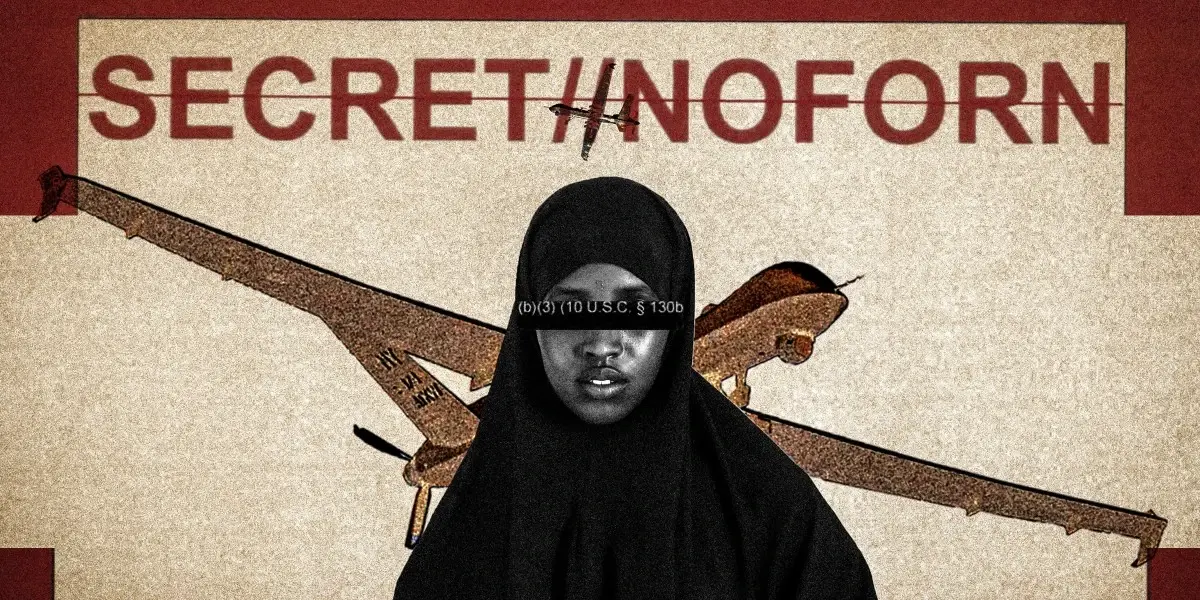We’ve investigated ourselves and found no wrongdoing
🤖 I’m a bot that provides automatic summaries for articles:
Click here to see the summary
The exclusive documents and interviews with more than 45 current and former U.S. and Somali military personnel and government officials, victims’ relatives, and experts offer an unprecedented window into the U.S. drone war in Somalia, an investigator’s efforts to excuse the killing of a woman and child, and a “reporting error” that kept those deaths secret for more than a year from Congress, the press, and the American people.
“Ultimately, this is just one of many tragedies caused by the U.S. military’s systemic failure to adequately distinguish civilians from combatants, to own up to its deadly mistakes, to learn from them, and to provide assistance to survivors,” Daphne Eviatar, director of the Security With Human Rights program at Amnesty International USA, told The Intercept.
Others said a community elder in the car, identified as Ali Hared, also had relations with the militants, but they were unsure if he and the poet were “real” members or simply — like most civilians living in Shabab-controlled areas — compelled to deal with an armed group that functioned as the local government.
Over the last two decades, investigative reporters and human rights groups have increasingly documented America’s killing of civilians, underreporting of noncombatant casualties, failures of accountability, and outright impunity in Afghanistan, Libya, Somalia, Syria, Yemen and elsewhere.
“At this point we don’t have an intent to re-litigate cases,” Defense Secretary Lloyd Austin told Rep. Sara Jacobs, D-Calif., when she asked last year whether the Pentagon was planning to revisit past civilian harm allegations.
“This case is a real opportunity for AFRICOM, since they’ve acknowledged that this is a credible report of civilian harm,” said Joanna Naples-Mitchell, a human rights attorney and director of the nonprofit Zomia Center’s Redress Program, which helps survivors of U.S. airstrikes submit requests for compensation.
Saved 94% of original text.



